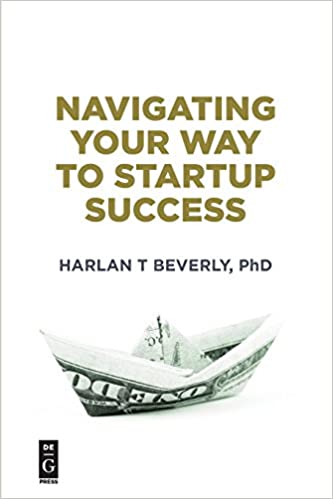 Engineers daily face the challenge of self motivation. Especially when working on a ‘big’ project. Engineers who master this self-motivation will do well in business because they understand short-term goals vs. long-term goals.
Engineers daily face the challenge of self motivation. Especially when working on a ‘big’ project. Engineers who master this self-motivation will do well in business because they understand short-term goals vs. long-term goals.
Imagine the Engineers day: “work on THIS bug” which helps me complete “this small task”…which leads to “this small feature” which leads to “this part of the product” which leads to “this product”. For that day, it was just that bug. Thats it. It will be months, years before that bug ‘doesn’t’ show up in that finished product.
In Business, this skill is absolutely necessary. Becoming overly fixated on “the long-term success” can lead one to do the wrong things at the wrong time. Like a good programmer, the businessman MUST fixate on the ‘current task’ while keeping in mind “the long-term goal”! For this, one needs a plan. ANY PLAN. It doesn’t have to be ‘the best plan’ it just has to make sense and be flexible. Like a good engineer, if ‘fixing this bug’ is taking too much time/effort and no end in sight, perhaps ignoring it and working around it is a better approach. The same goes for business. If ‘the current’ task/step is bogging you down, and forward progress seems blocked, we must be flexible enough to work on something else (a workaround) or a future step.
In essense, we must “Begin with the end in mind” as Covey would say. But we must also “Put first things first”! If you can’t imagine the long-term success… you are sunk. But you are equally sunk if you can’t put together a logical (if difficult) series of steps that get you there.
Covey’s 7 Habits of Highly Effective People info:
http://en.wikipedia.org/wiki/The_Seven_Habits_of_Highly_Effective_People
Photo Attribution:


